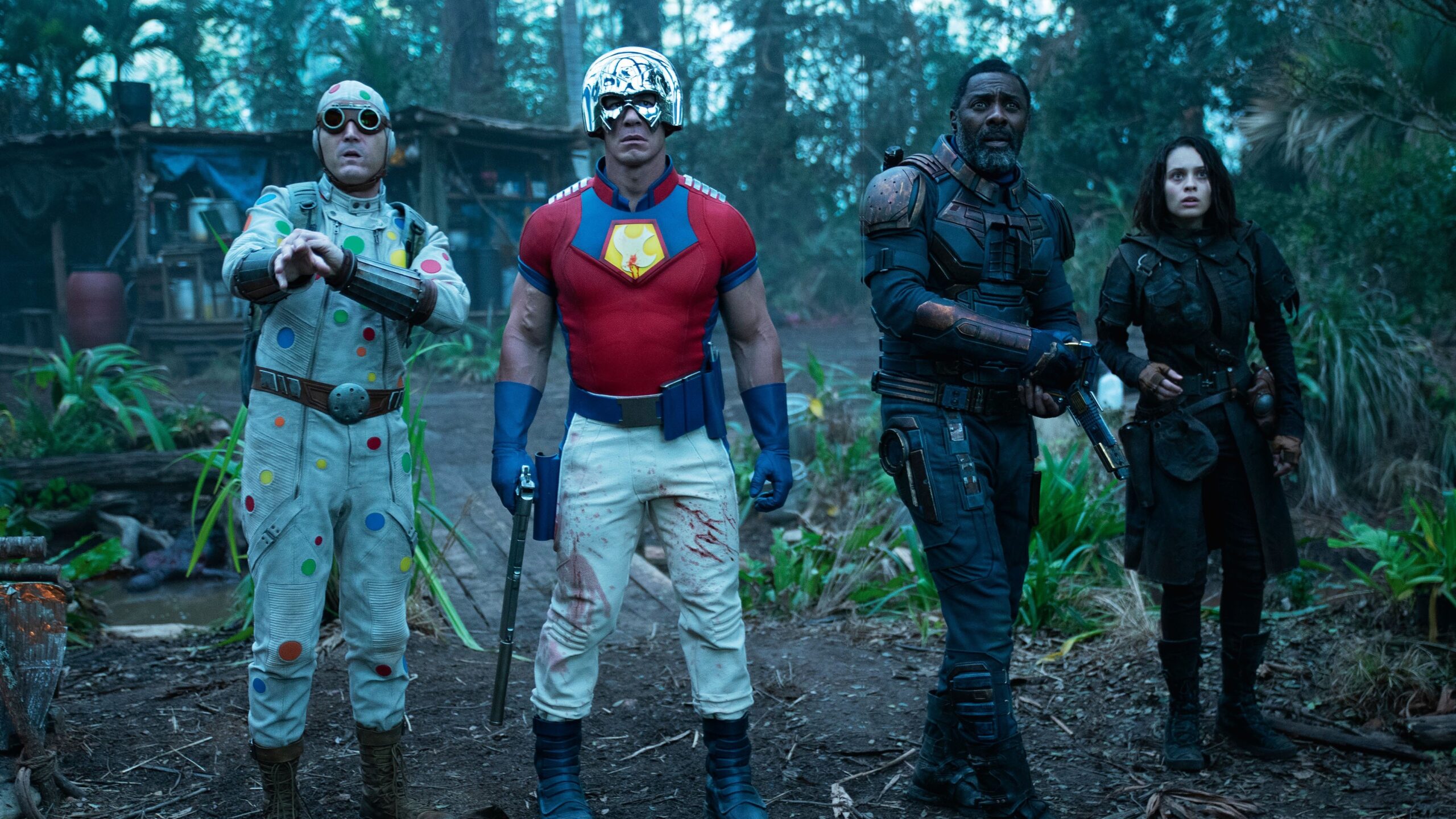If you had asked me about a sequel to Suicide Squad (2016) I would have laughed in your face. This first film missed the mark by being too convoluted, too reliant on mediocre CGI, and falling victim to the studio (Warner Bros.) not knowing what they wanted to do with their DC Extended Universe. Five years later, this has been my most highly anticipated superhero movie since Thanos snapped his fingers at the end of Avengers: Infinity War.

Since director David Ayer deflects blame for the negative criticism—which is believable since big studio movies are known for handicapping filmmakers—it is refreshing to see the infamous James Gunn talk about how he had a lot of creative control. Gunn, who was selected for this film following his brief departure from Guardians of The Galaxy Vol. 3 after horrible jokes he made in the past resurfaced, has talked about how much leeway and freedom he has when it comes to putting together this film.
This freedom does not just include the script and the direction of the latest DC Comics movie, but which classic characters were a part of the titular team, the use of practical effects, and nearly every other decision about the film. This lack of overbearing control is very foreign to the world of major studio blockbusters. For that reason, regardless of what you thought of the 2016 film or James Gunn’s tweets, interest in this movie has to be piqued. So, let us get into the movie and break it down and how it compares to David Ayer’s.
The first thing I have to acknowledge is how this film built on the initial 2016 release. While a very on-brand for the DCEU course of action could have just been a reboot of the franchise, James Gunn and Warner Bros. did not go down this route. Using the connecting characters of Rick Flagg (Joel Kinnaman), Harley Quinn (Margot Robbie), Captain Boomerang (Jai Courtney), and Amanda Waller (Viola Davis), The Suicide Squad was able to add to the lore of Task Force X while still standing out on its own. From the very beginning, Michael Rooker, a long-time actor friend of James Gunn, is seen as Savant murdering a little bird with a bouncy ball- because he can. This allows new audiences to learn and remind returning audiences how a group of criminals can be controlled by the US government. With a little help from a white-haired doctor (played by original Suicide Squad writer/creator John Ostrander), the mini-explosive is placed in Savant’s head which means the mission is on.

The combination of the plane ride to the island nation of Corto Maltese, along with the opening fight sequence easily sets the tone for the rest of the movie. A mix of deadpan humor, physical comedy, laugh-out-loud writing, and endless bloody scenery. Although many members of the titular team portrayed smaller roles than some, each character fulfilled their part beautifully. I did not know how James Gunn would spread out his character deaths, but it was a happy surprise to see how crazy some of the early deaths were. Each death, no matter where they fell in the film’s runtime, all felt substantial or hilarious. This was something that felt missing from the 2016 movie with Slipknot and GQ Edwards’ deaths that failed to make me feel anything.
While James Gunn has made a name for himself by being a more creative and unique director, he manages to pay a lot of homages to classic cinema. Within his Guardians of the Galaxy films, Gunn sprinkled in easter eggs in his MCU films throughout the title cards that people have still yet to solve. The title cards for this latest movie were something that I am calling environmental title cards. The blood of a recently exploded head, brush and debris on a beach, roots of a hole in the ground prison, and the fire of a turned-over truck were all bases of the title cards. While this was a very small decision, it helped the film with its fast-paced flowing while not taking away from the scenes surrounding it.
On top of the unique title cards, Gunn included some stunning visuals throughout his movie. While the raining scenes were alluded to in the trailers, the Harley Quinn floral scene is the one that stood out to me the most. Although I have not read up how much Birds of Prey influenced Gunn’s writing of Harley Quinn, this scene definitely feels heavily impacted by Harley Quinn’s lead film. Easily the breakout character from David Ayer’s 2016 movie, Margot Robbie continues to shine as Harley. This role is perfect for the Aussie actress and that love is clearly held by James Gunn through the spotlight he gives her in this film.

The chemistry between Peacemaker/Christopher Smith (John Cena) and Bloodsport/Robert DuBois (Idris Elba) was unparalleled. While DuBois did have some great scenes with Cleo Cazo/Ratcatcher 2 (Daniela Melchior), the constant measuring contest between the two beefy and sexy men led to my favorite duo of the film. Their first meeting within Belle Reve grabbed my attention since their backgrounds were so similar, my love for the two increased when they invaded the base of the Corto Maltese rebels, and it all culminated within the climax of the movie standing within the rubble of Starro the Conquerer’s destruction. While the two did have similar upbringings, their differing beliefs were a thread throughout the film and it all made for some great viewing.
This film was in a difficult position with trying to fix the film that David Ayer, unfortunately, had his name connected to, while being a part of a film franchise that is inconsistent at best. Through James Gunn’s creative mind behind the camera, an all-star cast dominating in front, it all led to a beautiful formula that created The Suicide Squad.
The Suicide Squad is now in theaters and is streaming exclusively on HBO Max for a limited time.
What did you think? Leave your score in the review box below!




